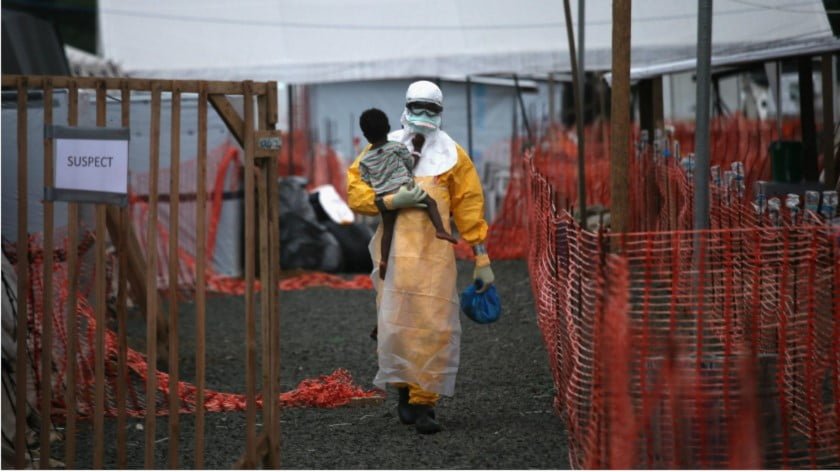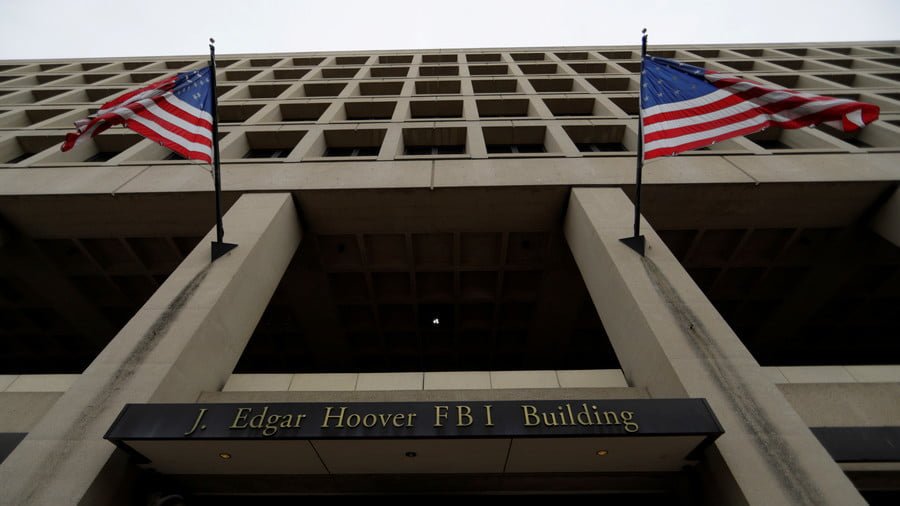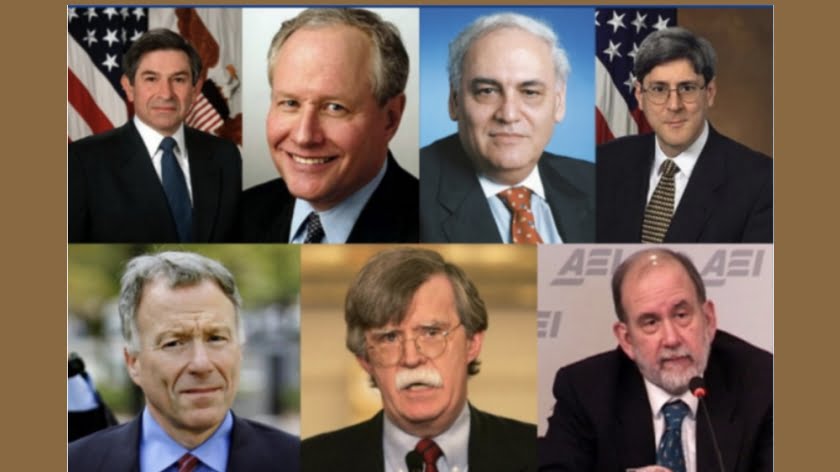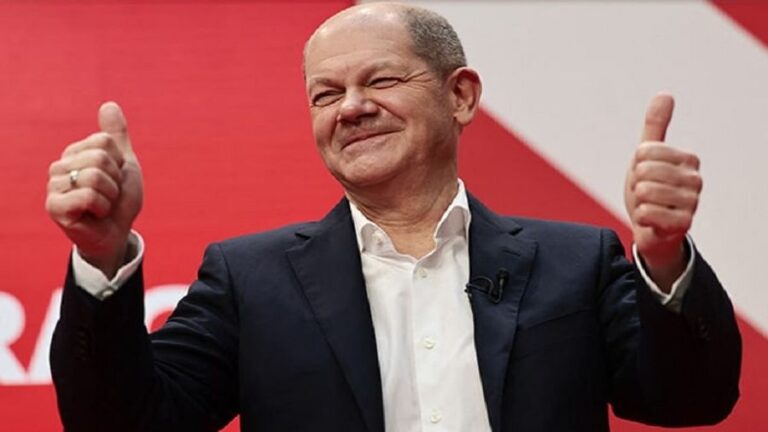Turkey’s President Erdogan in Thinly Veiled Attack on Saudi Arabia
During a speech at the 7th Hadith and Sira Studies Awards Ceremony in Istanbul, Turkish President Recep Tayyip Erdogan stated,
“If we lose Jerusalem then we won’t be able to protect Medina. If we lose Medina – we will lose Mecca and Kaaba”.
He further stated that Muslims must “be prepared for attacks which try to bring down Muslims from within”.
He continued
“When Muslims are at odds, the ones that benefit are terrorist groups, and countries like Israel that use state terror”.
While he did not name any Muslim majority country, it is clear that he was talking about Saudi Arabia.
Riyadh has for decades, been attempting to position itself as the leader of the Arab world and Muslim world more widely. The fact that the holy mosques at Mecca and Medina are within Saudi borders is often used to project a kind of prestige.
However, even before the extent of Saudi Arabia’s ties to Israel were fully exposed, many Muslims remained either opposed to, or indifferent to Saudi leadership claims over the wider Muslim community.
First of all, the Wahhabi style of “Islam” practised by the Saudi regime is considered by many Muslims to be either an apostasy or at best an extremist interpretation of Islam dating from the 18th century which has little to do with the Holy Quran or the life and times of The Prophet Muhammad.
Secondly, while Saudi Arabia hosts the Hajj, the annual pilgrimage Muslims must take at least once in their lives to the Great Mosque in Mecca which houses the Kabba, there have been constant allegations against Saudi Arabia of discrimination against pilgrims based on their ethnic origins, religious sect or nationality.
Thirdly, as a known sponsor of terrorist groups like ISIS and al-Qaeda whose most numerous victims are Muslims, Saudi Arabia is loathed, especially in Arab countries like Syria, as well as vast swaths of Iraq and Lebanon.
However, it is Riyadh’s lukewarm condemnation of Donald Trump’s decision to recognise Jerusalem/Al-Quds as the Israeli capital that has reinforced decades of scepticism when it comes to Saudi claims of spiritual leadership.
Turkey’s President has clearly seized on this to assert a broader leadership position over the Islamic world. As Erdogan himself has been accused of trying to resurrect some of the symbolism and policies of the Ottoman Empire where the Islamic Caliph (Kalifa) once sat, Turkey does have a precedent for being an Islamic leader, certainly among Sunnis, that predates the creation of the Saudi regime by centuries.
By coming out in support of Palestine using stronger language than any of the Arab monarchies of the Persian Gulf and stronger than anything coming out of Egypt or Jordan, it is fair to say that among Sunni Muslims, Erdogan’s statements have been the most vocal and impassioned in favour of Palestine.
Ankara’s relations with Riyadh had hit a low point even before the Jerusalem/Al-Quds scandal.
During the height of the ongoing row between Saudi and its allies versus Qatar, Turkey took an openly pro-Doha position, even sending troops to the small Arab state which remain there to this day.
Erdogan is clearly using Saudi’s unofficial but widely known links with Israel to blast the Wahhabi kingdom, in spite of the fact that Turkey maintains official relations with Israel, even as Erdogan has threatened to cut ties over Al-Quds.
Erdogan however, continued to promise more action against Israel and its closest allies, stating,
“If you [UN, Security Council] will not, we will approach relevant authorities within the legal framework.
…We will never give up this task that our ancestors have entrusted us with..
…We will not allow EU, NATO or any other power to belittle our country, our people…
This week, the United Nations Security Council will vote to condemn any country which unilaterally recognises Jerusalem/Al-Quds as an Israeli capital, in a further attempted move of censure against the US. Last week the Security Council voted to condemn the US decision, in a final quorum that included Washington’s EU allies on the body, as well as Egypt.
Turkey’s geo-political position is becoming increasingly clear, especially since in his speech he also warned against the establishment of a “terrorist state” in Syria and against sectarianism in Iraq–two references in this context, to the presence of US and Israeli backed Kurdish ethno-nationalist groups in the Arab states.
Furthermore, Turkey recently slammed a decision by the NATO backed regime in the occupied Serbian province of Kosovo and Metohija. The NATO backed regime recently acquitted a member of the Fethullah Terrorist Organisation (FETO), which is considered a major threat to Turkish security. Once healthy relations between Ankara and both Albania and the ethnic Albanian NATO regime in Kosovo and Metohija, have recently become very tense due to the fact that many wanted FETO terrorists have received shelter in the western Balkans.
As the US and EU are both supporters of the regime in Tirana and the occupier regime in Pristina, this is a further area where Turkey has major disagreements with its erstwhile western allies.
The aggregate effect of all of this means that Turkey increasingly feels it has much to gain and little to lose by taking an ‘eastward’ and ‘southward’ looking perspective in terms of geo-political alignments.
In respect of the crisis in Palestine, Turkey’s good relations with Iran and moreover, Iranian President Hassan Rouhani’s enthusiastic participation at the recent OIC conference in Istanbul, has meant that in practical terms, Iran is the leader of Shi’a opinion on Palestine while Turkey has taken the lead on the issue among Sunni Muslims.
Turkey’s good relations with Russia are furthermore offsetting that which Turkey once derived from its close bonds with the US.
While Russian officials have made it clear that Moscow takes a more neutral line on the Palestine crisis than Turkey, Russia respects Turkey’s role as a Muslim majority nation in speaking out on the issue. Ankara is not bound by a Russian position in the way that the US tries to bind its allies into a unilateral position in line with that of US officials. Erdgoan clearly appreciates the difference and is acting accordingly.
While many are underestimating Erdogan’s long-term stance on the issue, the realignment of geo-political realities in the region means that Erdogan now has an opportunity to do to Saudi Arabia and Israel what he already largely did to the US and Israel over the Kurdish issue.
Erdogan’s new global allies will not try to stop him from speaking out and even taking proportional actions in this areas. In the case of Iran, the leaders in Tehran will be all too happy to have acquired a new trading and security partner in Turkey, that is speaking up for Palestine which has for decades been a major Iranian red line.
By Adam Garrie
Source: The Duran







